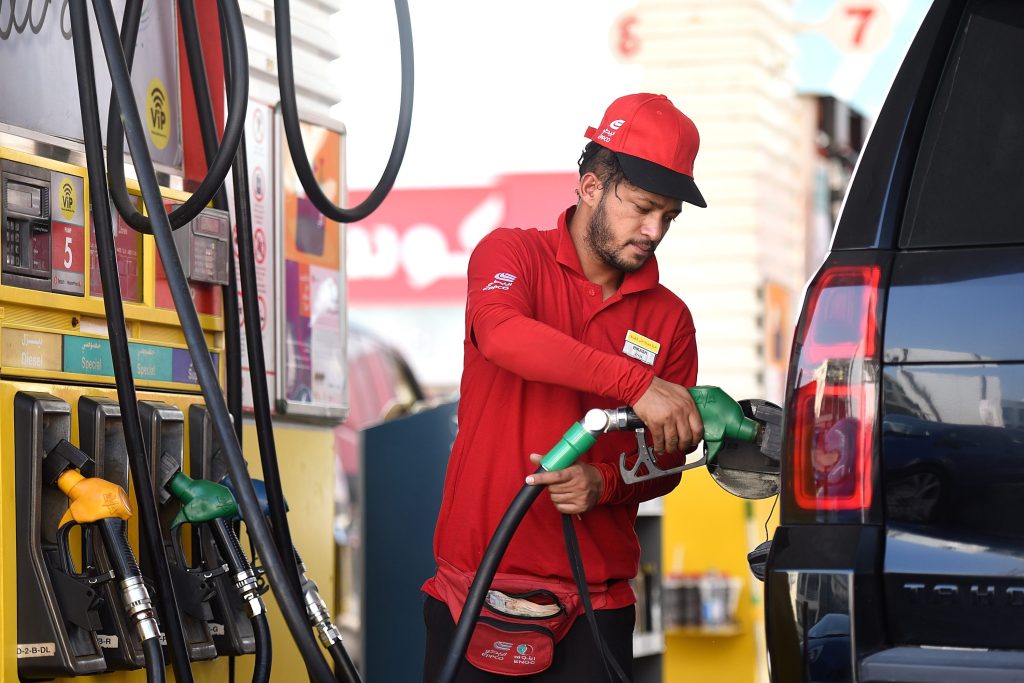On Friday, a meeting of more than 100 countries agreed to an interim goal for emissions reductions from global aviation by 2030 by using less-polluting fuels. The goal, which came after five days of UN-led talks in Dubai, called for 5% lower carbon emissions through the use of cleaner energies such as sustainable aviation fuel by 2030, the International Civil Aviation Organization said.
An earlier draft had a target of 5-8%. China and Russia were among a few nations that expressed concerns about the pledge’s impact on their economies.
In the closing session of the meeting, which was held ahead of next week’s COP28 climate summit, the US delegation said the goal sent a “clear and positive signal” to the financial community, which must invest in new clean energy projects.
Aviation accounts for an estimated 2-3% of global carbon emissions.
IEA on future of fossil fuels
Speaking of fuel, the International Energy Agency (IEA) has published a new report on the future of fossil fuels just ahead of the United Nations’ climate talks (COP28) which begin in the United Arab Emirates on Thursday. The IEA hopes to put pressure on governments attending the conference to get an agreement on reducing the use of fossil fuels.
Dr Fatih Birol, head of the IEA, had some stark warnings for the oil and gas industry, saying the sector must choose between contributing to the climate crisis or “becoming part of the solution”.
“The uncomfortable truth that the industry needs to come to terms with is that successful clean energy transitions require much lower demand for oil and gas, which means scaling back oil and gas operations over time – not expanding them. There is no way around this,” Dr Birol said.
It also has been alleged that fossil fuel producers are keen to focus on carbon capture since the technology will allow them to continue producing – and the world to keep relying on – oil and gas.
This year, a major oil producer is host to COP28. In the run up to the gathering, the man who will chair the climate talks, Sultan Al Jaber of the United Arab Emirates, has been criticized for prioritizing a technology known as carbon capture and storage.
Although it’s a promising technology that stops most of the CO2 produced from burning fossil fuels in power stations from being released into the atmosphere by either reusing it or storing it underground, it is quite expensive and still in its infancy. Many climate activists and scientists don’t want to rely too heavily on it in lieu of other more immediately helpful and more affordable measures.
It also has been alleged that fossil fuel producers are keen to focus on carbon capture since the technology will allow them to continue producing – and the world to keep relying on – oil and gas.
The report estimates that, based on current oil and gas consumption, the world would have to capture or remove some 32 billion tons of carbon in order to stop temperatures rising by more than 1.5C above pre-industrial levels, seen as a key threshold to limit the effects of climate change.


